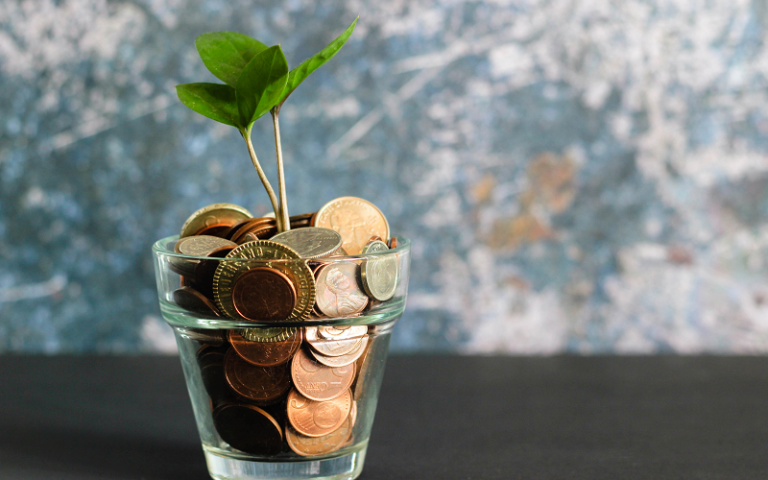
I just stumbled across a great article about ethical banking.
We can call it socially useful banking or green banking or whatever, but it’s all about a bank’s role in society and the scheme of things. Are banks doing the right or wong things?
My gut feeling is that banks have been doing the wrong things for a long time. Shareholder return at the expense of customers who are muppets …
… trading in a club called LIBOR that rips everyone off; charging customers who are dead for products they didn’t want; or opening insurances and signing them fraudulently; closing down small businesses and stripping their assets purely by removing their loans; oh jeez, the list goes on and on.
With great power comes great responsibility
Unfortunately, those in power often do not check that those who weild it, wield it responsibly.
But now we move to a new generation of change. A generation acutely aware of ethical responsibilities and looking for social change to wield that power responsibly. Sure, there are the UN Principles for Responsible Banking, but what about just being a good, honest bank?
There are a few – Triodos is up there – but they seem to be just a few. Most are claiming to be responsible, ethical and socially useful whilst messing everything up behind the scenes. Then I stumbled across the Ethical Consumer website, dedicated to finding companies that are doing things right. It’s a lovely website. They recently wrote an analysis of how to find an ethical bank service, noting that many of us don’t change banks …
According to research, a fifth of consumers will stay with their bank for over 20 years and nearly 40% of us use the same banks our parents chose for us as children ...
… maybe we should change banks?
The biggest ethical impact that banks make on the world comes from the companies and projects to which they provide capital, loans, and insurance. In recent years, many mainstream banks have developed some kind of ethical guidance for their lending and investments, excluding the very worst sectors such as financing of new coal-fired power stations. This is a step in the right direction, but we don’t think a bank can be considered ethical overall without more comprehensive policies. To be considered ethical in 2020, at the very minimum, banks should not be providing new funding for fossil fuel projects and companies.
While big banks (most of those scoring below 10 on our scoretable) finance multinational companies and projects, many of the smaller banks won’t provide this kind of corporate investment and lending. They instead focus on loans and mortgages for individuals or small companies, while building societies focus on financing homes and other buildings. They therefore won’t be funding dirty global conglomerate, arguably making them more ethical by default.
They go on to list what the ethical issues are in banking, including:
- tax avoidance
- financing and investments
- climate change
- human rights
- environmental breakdown
These are the areas where banks lost their moral compass. Can they get it back?
Chris M Skinner
Chris Skinner is best known as an independent commentator on the financial markets through his blog, TheFinanser.com, as author of the bestselling book Digital Bank, and Chair of the European networking forum the Financial Services Club. He has been voted one of the most influential people in banking by The Financial Brand (as well as one of the best blogs), a FinTech Titan (Next Bank), one of the Fintech Leaders you need to follow (City AM, Deluxe and Jax Finance), as well as one of the Top 40 most influential people in financial technology by the Wall Street Journal's Financial News. To learn more click here...

